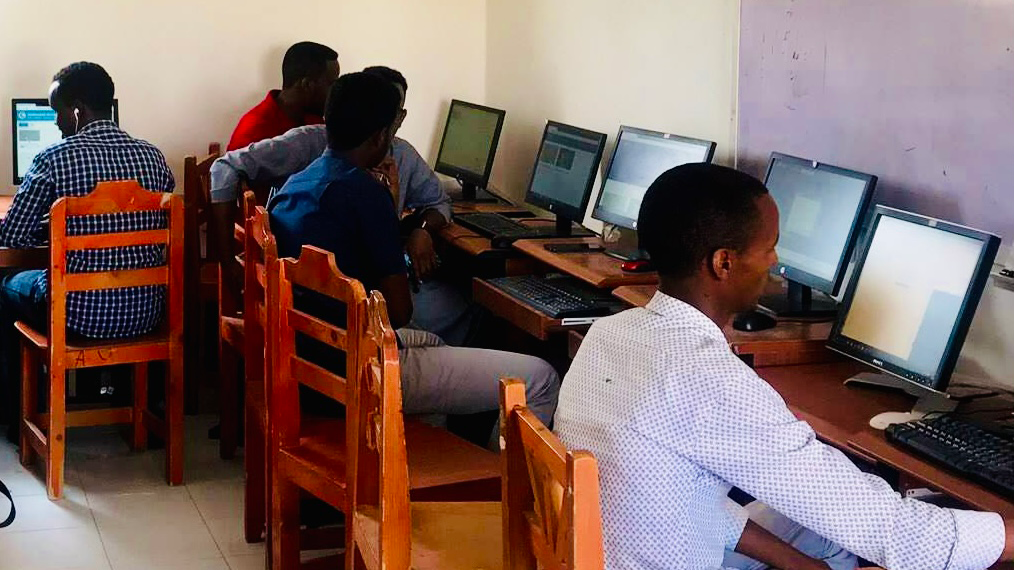Digital health platforms have the potential to establish and develop medical professionalism in developing countries, especially where continuous professional development opportunities are scarce or under-developed.
A new policy brief by Drs Dimitra Petrakaki and Petros Chamakiotis examines how this can be achieved by drawing on a qualitative study of a non-profit platform, MedicineAfrica, that is dedicated to delivering free online health education in post-conflict countries.

Source: MedicineAfrica Archives
The policy brief identifies four mechanisms through which platforms can help to enhance professionalism:
- standardisation of clinical practice
- ‘normalisation’ of professional behaviour
- development of medical expertise
- instilling of values
These mechanisms demonstrate how digital platforms can institutionalise professionalism in under-developed healthcare settings through a process of bureaucratisation. However, the findings also raise questions regarding the potential – largely unnoticed and unintended – colonising effects such professional institutionalisation might engender.
The policy brief concludes with a set of recommendations targeted at both platform directors and policymakers about how digital health platforms can enhance national health services in terms of building capacity and creating social value for the community.
Read the policy brief: The role of digital health platforms in re-skilling healthcare professionals in developing countries: The case of MedicineAfrica


Leave a Reply